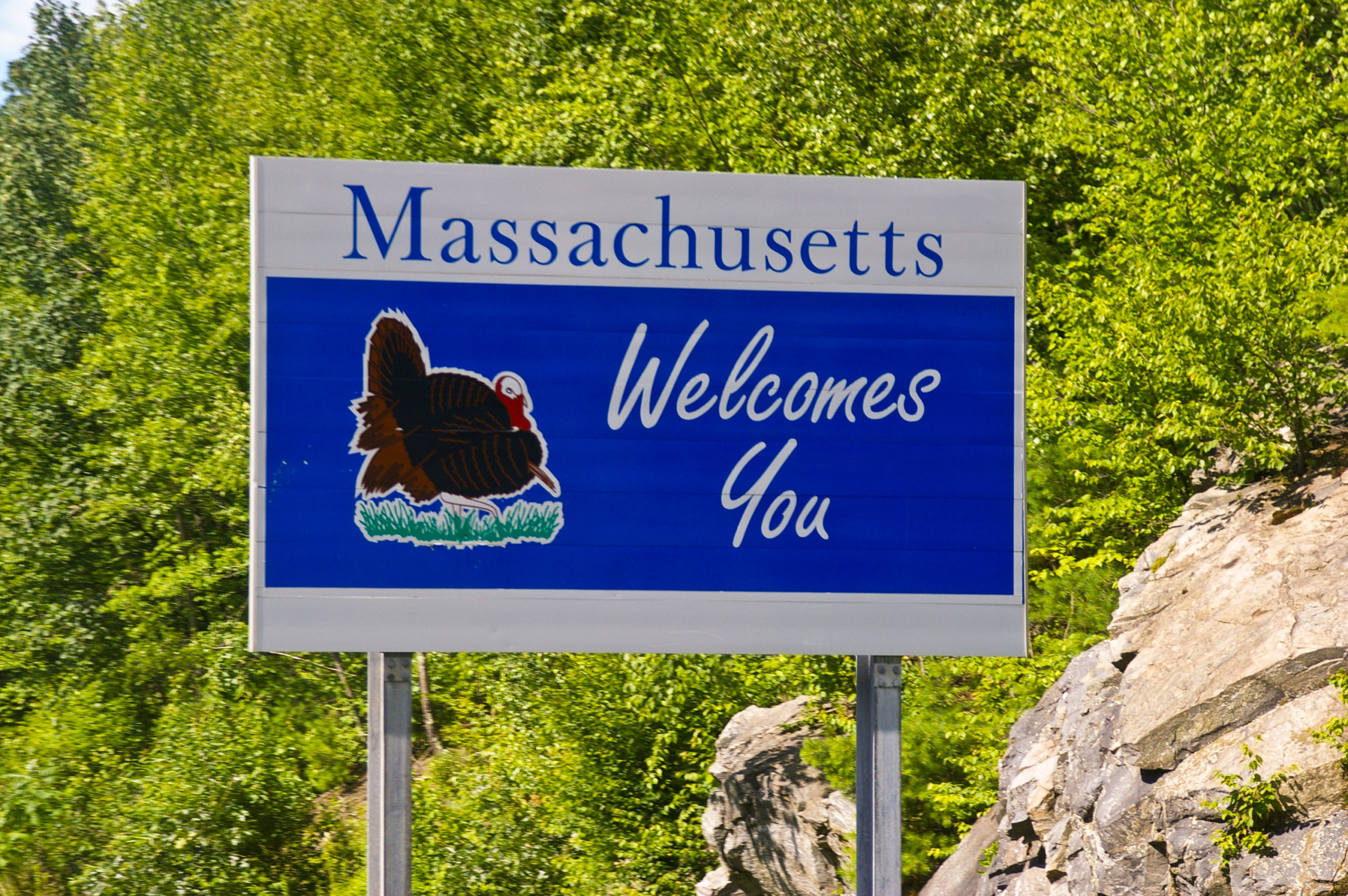Connect with us
Published
3 years agoon

Cannabis sales in Massachusetts had an initial slow start following legalization in late 2018, but today, sales are increasing rapidly. The state surpassed $1 billion in gross cannabis sales at the end of last year, on pace to exceed $1.2 billion in 2021 if the state continues to sell at its current rate,and could reach as much as $2.6 billion by 2025, according to MJBizDaily.
While sales are surging, there is still untapped potential in the state. The licensing in the state currently allows companies to operate just three adult-use stores and 100,000 square feet of cultivation canopy. Boston is also an area that is often considered underserved.
“I think there’s a fair amount of runway left to go in Massachusetts until the market hits full maturity,” Jesse Alderman, the Boston-based co-chair of Foley Hoag’s nationwide cannabis practice, told MJBizDaily. Alderman did note that the flags have clearly been planted, likely assisted by the COVID-19 pandemic, now seeing an explosion of retail stores with plenty more applicants in line to get licenses.
According to the Massachusetts Cannabis Commission’s open data portal, regulators issued 168 final adult-use store licenses as of last week, and though it may take some time for these businesses to open their doors, this is compared to the 39 stores in operation as of early 2020.
Bruce Stebbins, a member of the state’s Cannabis Control Commission, said he is impressed by the number of dispensaries and cultivation facilities taking advantage of vacant industrial space and that the growth contributes to a healthy and vibrant cannabis community.
“I think we’re still seeing strong growth. We’re giving final licenses and orders to commence operations,” Stebbins told the Daily Hampshire Gazette, adding that he gets status updates almost daily. “The growth is still there. I think it’s reflected in the sales figures we’re seeing.”
As the applicants increase, Stebbins said that he believes the market will indicate when a saturation point arrives.
However, the future of the industry in the state could depend on the push and pull of multiple make-or-break factors. Frank Colombo, the director of data analytics for the New York-based Viridian Capital Advisors, said that the large population of the state makes it attractive for a new cannabis market, but the relatively strict restrictions surrounding the industry could inhibit growth.
“It’s one of the only states not to classify recreational cannabis as an essential good during the (firsts few weeks of the) pandemic and completely outlawed vaping products for a while (during the 2019 vaping crisis),” Colombo said. “It’s symptomatic of a regulatory regime that hasn’t been very pro-industry.”
Colombo also notes that for the new recreational market, they are already seeing almost all of the multistate operators, with one or two exceptions, having stakes in Massachusetts.
But Massachusetts could inhibit its own growth, with municipalities choosing which businesses to partner with, giving less incentive for new businesses to take their roots in already established areas.
“If you look at a map of the dispensaries, they’re all over the place, stretching to the Berkshires, the western boundary,” Colombo said. “What you don’t see yet is very many in Boston. It’s underserved.”
Boston and its suburbs’ model becomes even more complicated, in that the city wants to license one social equity applicant for every non-social equity applicant; Cambridge is prioritizing social equity applicants for its first two years of licensing, and Somerville is focusing on economic equity applicants, locally owned businesses and existing medical cannabis stores.
“I would say they are not officially closed in those jurisdictions, but there are tremendous barriers if you’re not a social equity applicant,” Alderman said.
While there are still a good amount of growing pains for the state and its budding industry, there is still an abundance of potential, especially in some of these untapped markets like Boston, and the state as a whole.
“Building something from nothing, while also regulating an industry from its inception, those two challenges in and of themselves are massive,” Shawn Collins, executive director of the Massachusetts Cannabis Control Commission, told WCVB 5. “I think that a lot of folks’ worst fears have not come true. We have a safe industry with a focus on public safety and public health. It’s one of the safest and most tightly regulated industries, probably in the country.”
Now, whether or not those tight regulations inhibit continued growth remains to be seen.


New Mexico Governor Calls Homeland Security Secretary’s Response to Pot Seizures ‘Inappropriate’


DMT Lab Discovered in Brentwood, California During Robbery Raid


States with Adult-Use Pot Saw Decrease in Alcohol Use, No Increase in Teen Substance Abuse


Research Shows Some Rolling Papers Have High Levels of Heavy Metals


MedMen Files for Bankruptcy


Carmelo Anthony Launches Cannabis Brand
